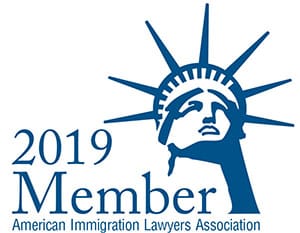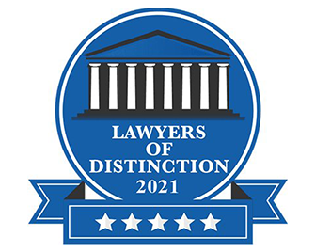They say hindsight is 20/20, and when it comes to protecting your retirement assets, there is no do-over. Although people in Maryland and elsewhere are quitting their jobs in droves and many choosing to retire early, not all are confident that they have what they will need in the future. With so much economic uncertainty on the horizon, it is important to be on solid ground when beginning this new life chapter.
For residents of Greenbelt and surrounding areas, asset protection planning means reviewing estate planning goals and having a clear grasp of how to maximize investment opportunities while minimizing tax liability so that you will be fully prepared to enjoy your retirement.
What do people do to deplete their savings?
With so much economic volatility in the past few years, many people have a knee-jerk reaction to the present without examining the future impacts this can have on their nest egg. Some of the most common reasons people run out of money in retirement include:
- Taking their money out of stocks or investing too much. Taking on too much risk is as dangerous as being risk averse.
- Not estimating enough years in retirement. With people living longer, experts recommend planning for a 30-year retirement.
- Overspending in retirement. Budgeting doesn’t end when you are no longer receiving a paycheck.
- Only having one or two income streams. Most people are counting on Social Security to take care of them, while being fearful it will no longer be there when they retire. Better to have several income sources, such as a pension, annuities, or a 401(k).
- Unexpected illness strikes. Most people have no emergency savings, or only a little, from which to draw in the event that they become ill. As Medicare does not cover long term or palliative care, having a long-term care plan is an essential part of estate planning.
How much will I need for retirement?
Having a comprehensive estate plan and a realistic idea of what retirement will cost is just the beginning. Taking a hard look at your lifestyle, means and what is stashed away for the future can help you to assess what you will need in retirement, allowing you to leave assets, and not debt, to loved ones once you are gone.
It is best to plan for a 30-year retirement, which can mean saving eight times your final salary. By reducing annual spending, it is easier to fill any gap that might appear between fixed income sources and savings. It is also important to account for inflation and increasing healthcare and long-term care cost when planning.





